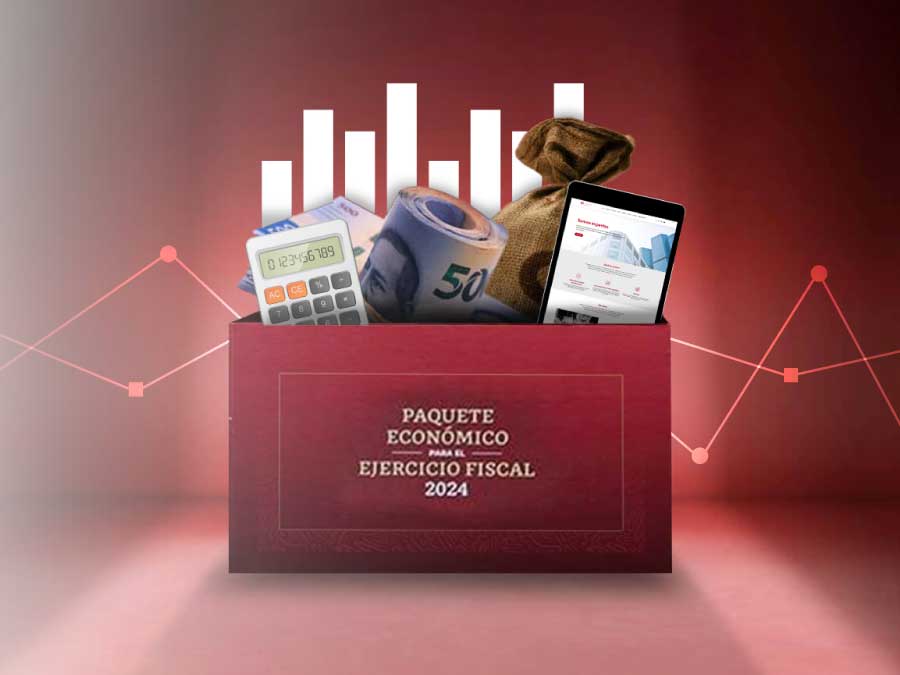Este 29 de noviembre de 2023, se publicó en la sección matutina del Diario Oficial de la Federación el DECRETO por el que se reforman los artículos 251 de la Ley del Seguro Social y 146 de la Ley Federal del Trabajo, y se adiciona un artículo 59 Bis a la Ley del Instituto del Fondo Nacional de la Vivienda para los Trabajadores (DOF – Diario Oficial de la Federación) el cual entrará en vigor el 1 de enero de 2024.
Mediante dicho Decreto se establece que las personas trabajadoras que se hayan inscrito voluntariamente al régimen obligatorio de la Ley del Seguro Social, podrán realizar aportaciones al Fondo Nacional de la Vivienda, que les permitan obtener un crédito barato y suficiente, realizando aportaciones para su abono a la subcuenta de vivienda, de la cuenta individual prevista en los sistemas de ahorro para el retiro, en términos de Ley del INFONAVIT, y en lo que corresponda en la Ley del Seguro Social y en la Ley de los Sistemas de Ahorro para el Retiro; considerando dentro de las cuotas obrero patronales, el cálculo de las aportaciones de vivienda sobre el ingreso reportado.










